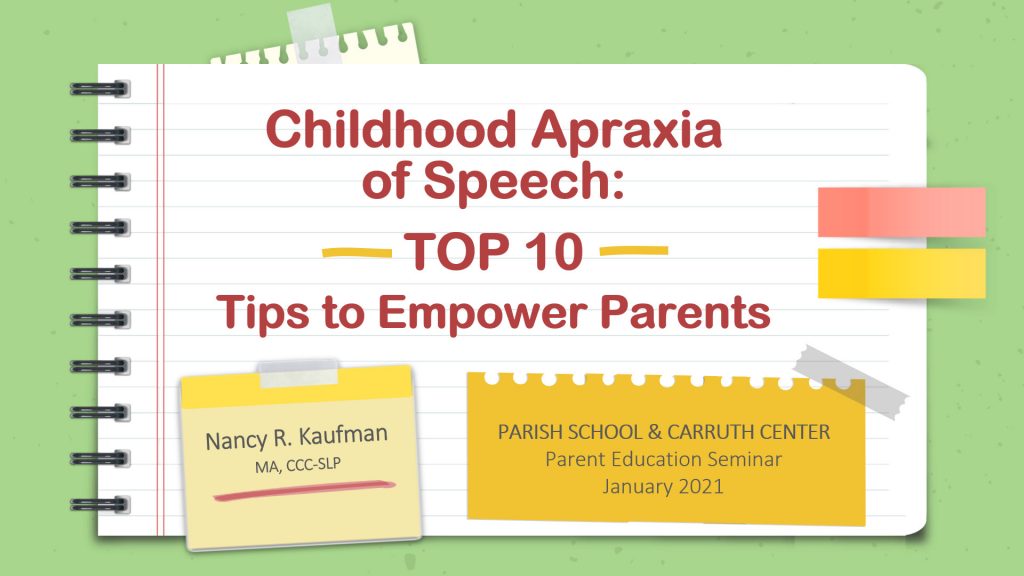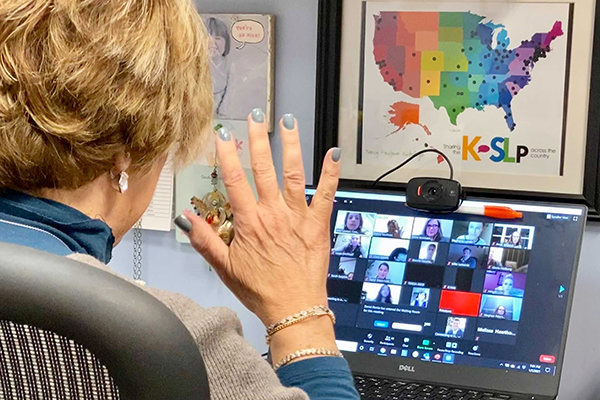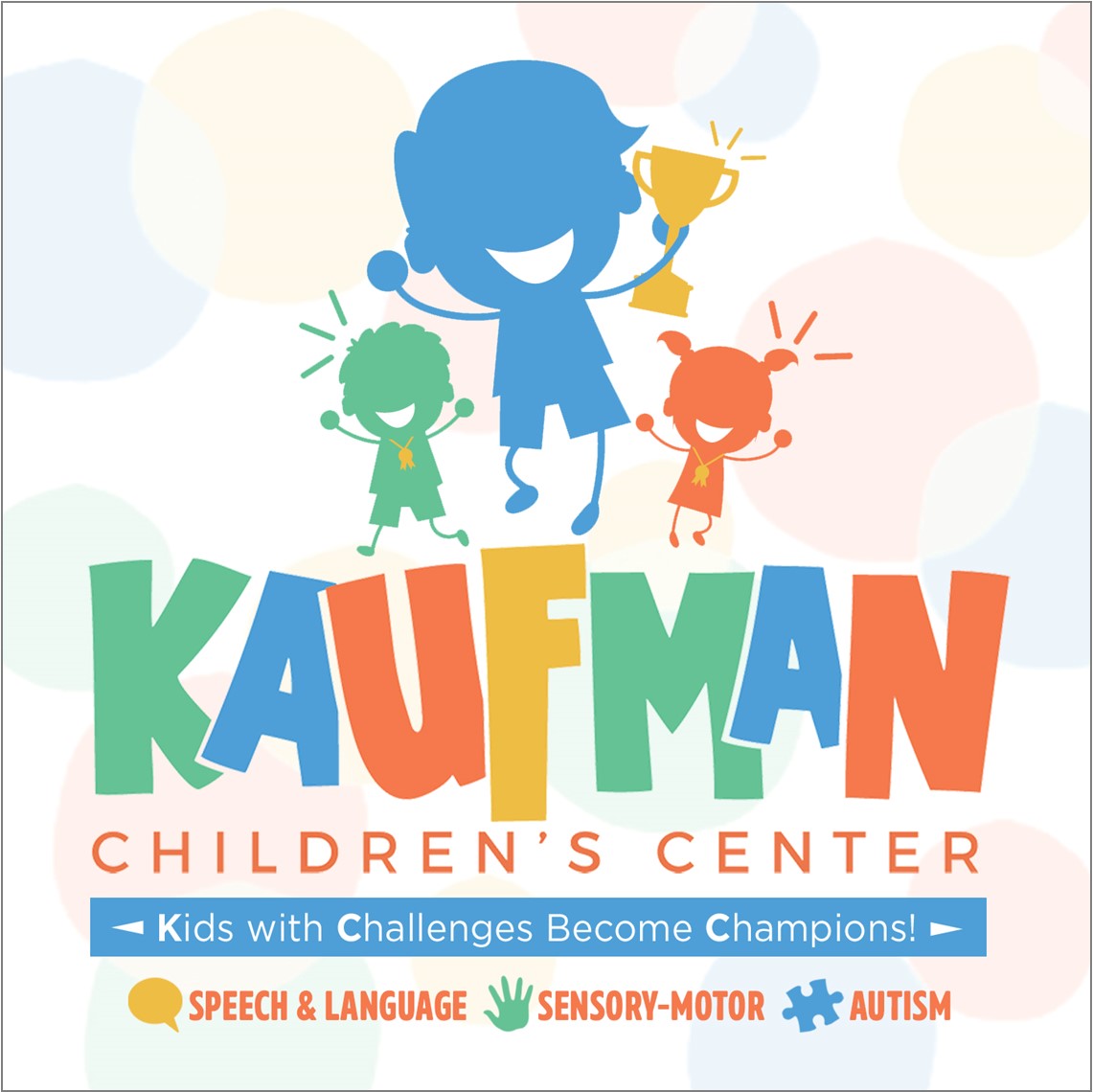Understanding the Importance of Receptive Language Skills
BY ALBIONA RAKIPI, MA, CCC-SLP
Speech-Language Pathologist
A child’s first words are a milestone anxiously awaited by parents and caregivers. When that early expressive language is delayed or lacks clarity, the parents are generally quick to take action. What is just as important to monitor, however, is the child’s receptive language.
At the KCC we define receptive language as the ability to attend, process, recognize, comprehend, retain and integrate spoken language. Understanding language is much more complex than most people realize and can be a big hurdle for young children.
Here are some important points to consider when it comes to children’s receptive language.
- Children often appear to understand language in their home setting because it is familiar to them and rooted in repetitious and predictable routines. When they’re removed from the comfort and context of home, they have a difficult time understanding language.
- Children who struggle to understand language will rely heavily on visual support and their context. Often, we see this manifested as extreme attachment to a parent or caretaker who can predict the child’s wants and needs better than anyone and likely use body language to communicate with them. An example of this is extending your hand when asking ‘give me the ball.’ Kids who have trouble following simple directions without the use of visual cues, such as pointing or gesturing, may have challenges with receptive language.
- They answer simple “wh” questions (who, what, where etc.) with inaccurate responses. If you ask a child, where do you eat breakfast? and they respond by saying cereal, they demonstrated partial understanding of the question, though did not process where vs when.
- They struggle to understand a variety of language. When I am working with a child, a parent will sometimes explain, if you say it like this, he’ll understand. Children need to understand a variety of language, such as give me the ball and hand me the ball. Understanding directions only if they are stated in a specific way is not functional.
Language is complex and layered. When children struggle to gain receptive language skills, their overall communication skills and other areas of learning will likely be challenged. Speech-language pathologists can intervene by helping them gain the tools they need. We can work together to help our kiddos thrive and succeed to become effective communicators.










